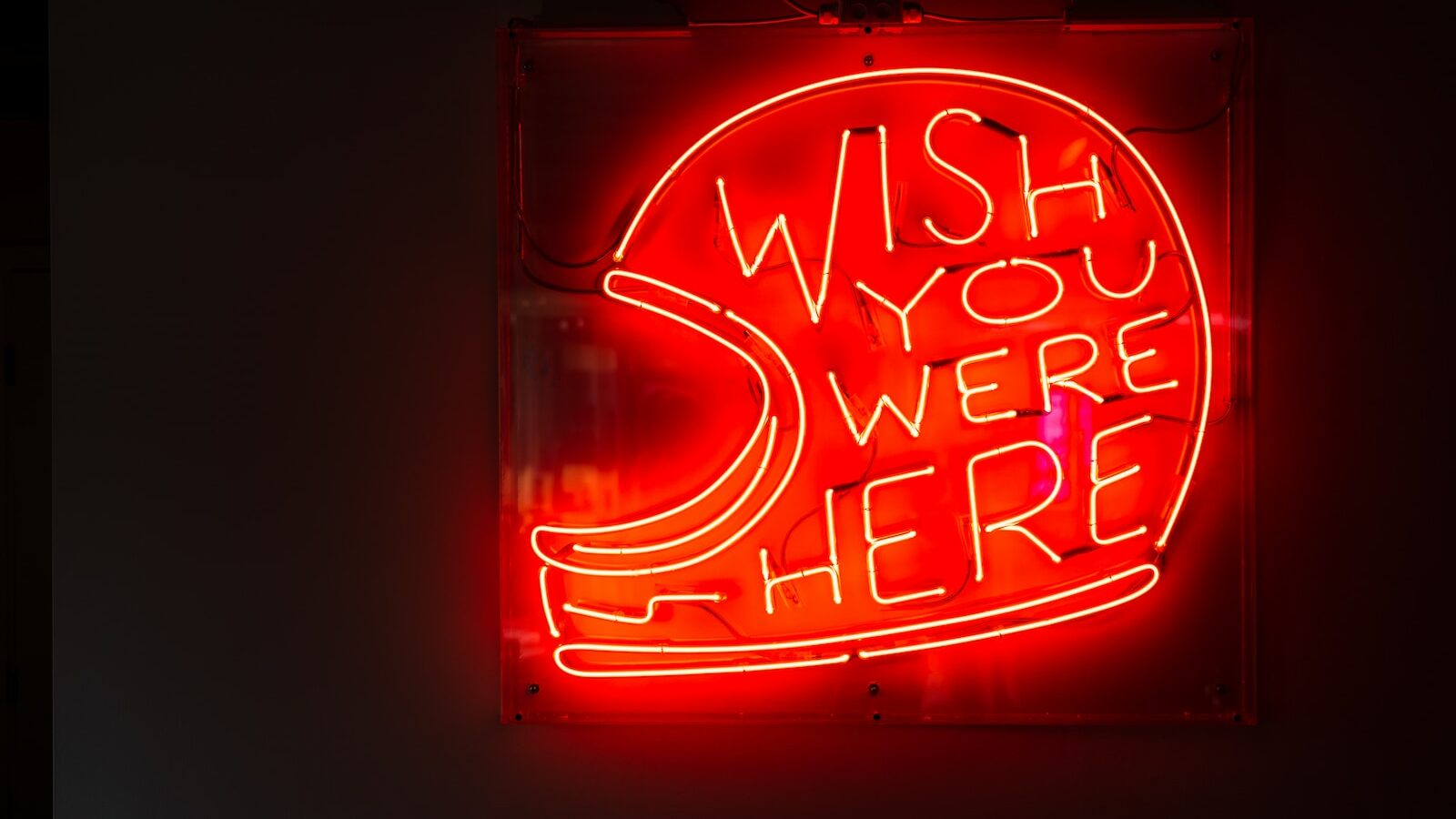When interpreting the English language, grammar rules are some of the most important fundamentals to understand. A common and often confusing source of questions relates to knowing when to use was and when to use were. Was vs. were has to do with the tense chosen to correctly communicate a sentence accurately. Deciphering when you should use either can be tricky because each word implies a different kind of time-based action or statement.
Depending on your situation, this can change drastically from sentence to sentence. Knowing which one you should use also depends heavily on whether you’re speaking in a first-person point of view or a second/third-person point of view. You must understand how was versus were works to properly express yourself in writing and speaking!

Definition of Was vs Were
Understanding the difference between “was” vs “were” can help you prevent mistakes in your writing. Was is used in the past tense to represent singular subjects, such as he/she/it, while were is also used for past tense but can only be used when writing about a plural subject like they or we.
For example:
- “They were walking down the street”
- “It was raining outside.”
Generally speaking, if you’re unsure which one to use for your sentence, consider replacing it with “was” because it covers both singular and plural subjects more broadly. Most of the time this works but there are a few exceptions. If it helps you remember which form of the verb to use, just think about were sounding like we-are; two people implies for plural so using were would make sense.
What Is the Difference Between Was and Were?
Was is the past tense of ‘be’ verb (am, are and is). It follows Singular Nouns or Subjects like I, He/she/it.
For example:
- I was late for work yesterday.
- He was playing soccer at 4 pm yesterday.
Were is the past tense of ‘be’ verb (am, are and is). It follows Plural Nouns or Subjects like you, We/they.
For example:
- We were late for work yesterday.
- They were playing soccer at 4 pm yesterday.
Common Mistakes with Was vs. Were
When using “was” and “were” in a sentence, it is important to be aware of common mistakes that can arise when they are incorrectly used.
- Many people struggle with when to use each version of the word; as stated earlier, was should typically be used for both singular and plural subjects but there are certain cases where were will need to be used instead.
- Another mistake to avoid is using “was” when referring to a future event; such as saying “I was going to the store tomorrow” instead of “I am going to the store tomorrow.”
Remember, if you are ever unsure which form of the verb to use, simply replace it with was—as this covers both singular and plural subjects more broadly. By keeping these rules in mind and familiarizing yourself with how they are correctly used in sentences, you can become an expert on Was vs Were!
When to Use Was
Was is an interesting word, but it can be difficult to know when exactly to use it. Generally speaking, it’s used for talking about the past and for connecting ideas in a sentence.
For example:
- “The dog was chasing its tail” shows an action that happened in the past. It can also be used with “have been” to show more of a continuous connection between two ideas, as in “She had been dancing since morning.” In situations involving only one verb phrase or sentence fragment, then you typically use it.
- However, if there are multiple words and phrases involved or you’re talking about something that happened a specific number of times before now then “were” is generally used instead. Knowing the different uses for “was” can make all the difference when communicating effectively!
When to Use Were
Using the correct verb tense can be a challenging part of English grammar, but understanding when to use “were” can be a little easier. The primary use for “were” is in the subjunctive mood which expresses hypothetical situations or ideas that are unlikely to happen. It is also typically used with “if” statements and other types of conditions.
For example, you may say, “If I were a millionaire, I would buy a beach house.” This phrase expresses an unlikely idea and so you must use “were” instead of “was,” which should only be used with facts and reality. In addition, “were” is also widely used in informal language as a past form of the verb “to be.” You could say something like “We were laughing so hard!” to indicate something that happened in the past—take special care here though; depending on subject agreement and the group size, you may need to use either “was” or “were.
Despite being difficult at times, familiarizing yourself with proper usage of “were” and other verbs can help keep your writing clear, concise and grammatically correct.

Special Cases for the Use of Was vs Were
The English language has some exceptions when it comes to the use of ‘was’ and ‘were’. For example, in certain cases you can use either a singular or plural verb without changing the meaning of the sentence. If something is considered a unit, like one country or one party, you would use a singular verb structure with ‘was’. On the other hand, if something involves more than one person or item that was part of a whole, then using ‘were’ is preferred.
We also encounter these type of special cases in conditional statements, conditional clauses such as ‘if’ and ‘wish’, and also in this type of main clause (I wish I were/was). Even though they can be confusing at times because both might be acceptable depending on the situation, gaining an understanding of these specific uses for was and were can help sharpen your English writing skills.
Examples of Was vs Were Used in Correct Contexts
Was and were are two different forms of the verb “to be.” It can be confusing to know which one is the right choice in any given context, but understanding their differences can help. Generally, was is used to refer to something that happened in the past, while were is commonly used when referring to a hypothetical situation or a condition that doesn’t exist.
For example, if you say “I was in the store yesterday,” you are talking about something that already happened. On the other hand, if you said “If I were president,” you are expressing an unrealized possibility. In addition, was is typically used when making statements about oneself or others, but were is often preferred for questions or for use with “I” or “he/she” pronouns.
As long as you remember these small nuances of usage and get some practice in with sentences using both was and were, your writing will sound natural and correct!
Common Mistakes When Using Was vs Were
When using the verb ‘to be’ there can often be confusion as to which should be used – ‘was’ or ‘were’. While this may not seem like a big deal, proper grammar usage can make or break the effectiveness of your writing. Common mistakes when using these two words include not conjugating correctly depending on the type of sentence being written and incorrectly switching between tenses with related clauses.
As someone who has been through such confusion before, I recommend focusing on the context of your sentence and making sure you know if you are referring to something in the past tense or present tense – this will help guide you toward the correct word choice. Whether you’re just starting out with grammar or looking for quick refreshers – it’s good to keep this distinction in mind!
Conclusion
Writing can be a daunting task, especially when you’re trying to get the grammar right. The use of “was” and “were” can be tricky if you don’t understand the differences between them; however, with a little practice and understanding of the proper context for each word, you should have no trouble mastering their usage in any writing project.
Special cases such as conditional statements or expressing hypothetical situations may require more attention, but once you become familiar with these exceptions, it will be much easier to write confidently and accurately. Understanding common mistakes people make when using was vs were is also important – so make sure to double-check your work if you’re ever unsure! With practice and patience, correctly using was vs were in your writing will become second nature.
FAQs
Q: When is it appropriate to use ‘was’ instead of ‘were’?
A: Generally, you would use ‘was’ when referring to something that happened in the past. You can also use it when making statements about yourself or someone else.
Q: When is it appropriate to use ‘were’ instead of ‘was’?
A: Generally, you would use ‘were’ when referring to a hypothetical situation or condition that doesn’t exist. It’s also often preferred for questions and when using “I” or “he/she” pronouns.
Q: What is the difference between was and were?
A: Was is used for singular subjects, while were is used for plural subjects. For example, if you are talking about one person, you would use “was,” such as in the sentence “He was happy.” In contrast, if you are talking about multiple people, you would use “were,” such as in the sentence “They were happy.”
Q: When should I use was/were?
A: Was and were are used primarily to indicate past tense. For example, you could say “I was at the store yesterday” or “We were there last week.” They can also be used in conditional statements like “If I were you” or “If she was here.”
Q: Are there any exceptions to the rules for using was and were?
A: Yes, there are some special cases in which either was or were may be used regardless of the subject. For instance, when expressing a wish or hypothetical situation, “was” can often be used even with plural subjects. An example of this is “If I were rich…” Here, “were” is used alongside a singular subject (I), but it remains correct.
Additionally, in some dialects of English, “was” may be used as the past tense form for both singular and plural subjects. It is always best to consult with a native speaker or grammar guide to confirm which verb form is appropriate in any given situation.





